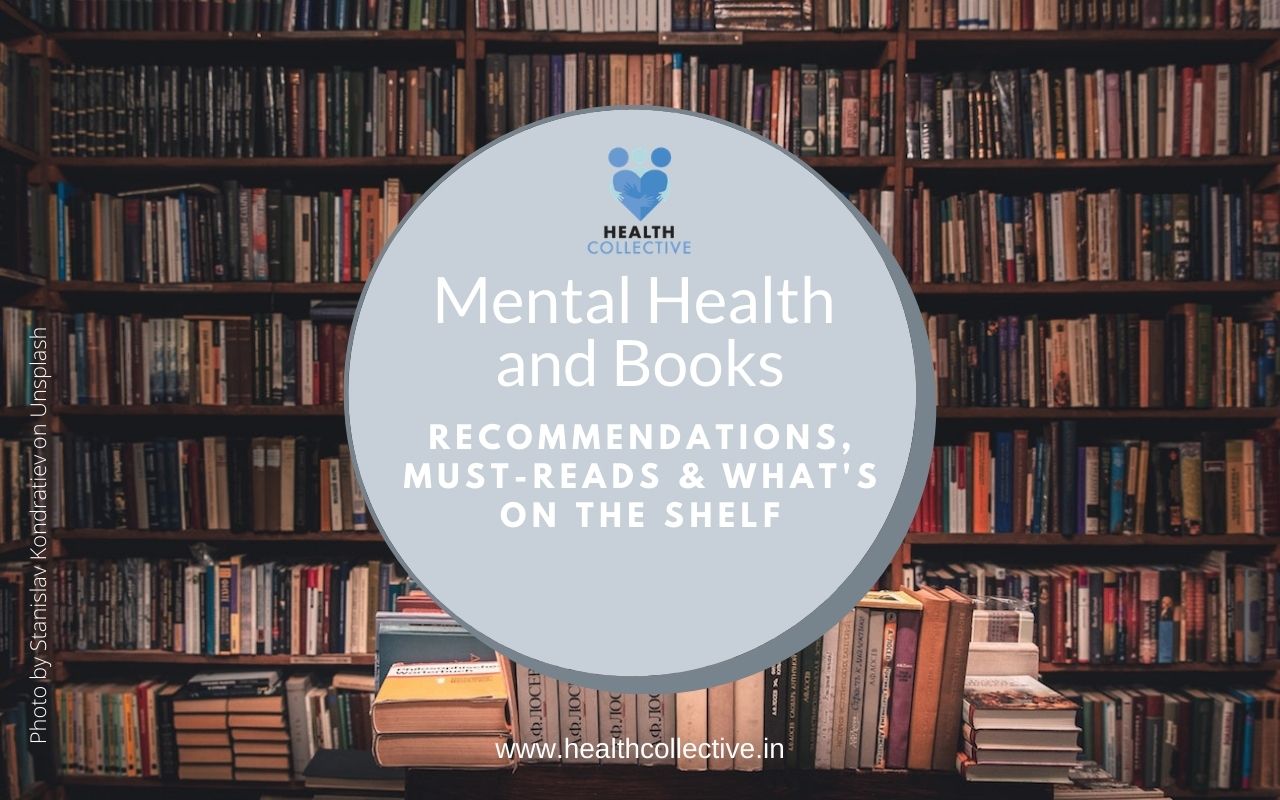Ask the Experts: Understanding ADD and ADHD
Dr Amit Sen; Founder, Children First
I think one of the most relevant topics today in child mental health is ADD OR ADHD (attention deficit hyperactivity disorder). It’s one of the most common disorders in childhood although there is a lot of controversy still across the world about the nature of it, whether it exists at all…about how people get over-medicated in some countries (particularly in the West). There is still an ongoing debate…however if you see the scientific literature and wide scale studies by the WHO across the world, including centres in India, you will find that the prevalence of ADHD is as high as 5% at least; whereas in some Western countries it is thought to be 10% .
So, what is ADHD, how does it look, and what does it look and what does it do to children?
Children with ADHD often are full of life, very creative sometimes with a range of talents – however, they have difficulty in focusing or attending to tasks that do not interest them. And clearly one of the main things that begins to come to the fore is when they begin to go to school because they cannot sit down and focus on academic work, which is often for most children as you might know, is mundane, it’s boring.
These kids will not be able to complete their classwork, will not sit and do their homework, will make silly mistakes in their work. What confuses teachers and parents alike is that these kids if they are interested in something – let’s say in football or music or art – might do exceptionally well and over there the focus and concentration does not fail them. And that is the key thing to understand that kids with ADHD will focus very well in areas of interest, but are not able to do so in whichever area or activity they are not interested in…Which again could be a wide range of things not just academics, for instance if a child is passionate about football and you make them sit down and do a painting they will probably never finish it even when the day is over.
So, kids with ADHD have difficulties with attention which manifests in various ways like I said…in difficulty in completing tasks, getting distracted easily and as they grow up not being able to manage their time very well, procrastinating, delaying their projects and assignments when they go to high school and so on…They are often very disorganised, they can lose things, misplace their belongings and so on.
So if you find a child or your child who is otherwise very bright and capable but is struggling to do so do not jump to labelling them as being lazy or careless, or he just doesn’t care and he doesn’t want to do these things because children usually will do things they can! And if they are not able to something or if they not doing something, although they might find reasons for it, it could be that they are incapable, at least at that juncture to do it. It’s important to understand that from a point of view of development or neuro-development.
The other features of ADD AND ADHD are hyper-activity and impulsivity, so, a child who is young may have difficulty sitting still, may be very jumpy and restless and fidgety…may talk excessively, may be very loud and noisy in play areas or even at home, or sometimes at school even. They might have difficulty waiting for their turn, they might be easily frustrated, get bored very easily and so on.
And when you see some of these features in children do question whether they are wired differently to the extent that they might have something that interferes with their overall growth and development.
So of course, you might argue that many children are like that and many children are jumpy, fidgety – that’s because they are children, of course! However, children with ADHD after a certain time, begin to find the common developmental goals – let’s say like academics or peer relationships or self-regulation – difficult to do. When these things become dysfunctional and we find that a child that otherwise seems intelligent and capable is unable to do these things, we then suspect ADHD.
PART TWO
There is a wide range of therapies that are available for it, medication being one of them…Also be aware as parents, as teachers that when you suspect a child with ADHD or send them for evaluation for ADHD, it is not mandatory to put them on medication. Because a lot of times parents particularly and sometimes teachers or schools fear this and therefore they are often very hesitant to go down that route, the medical route or the psychological route. And that’s the other thing that we must remember – there is a solution.
The kind of children that we get in our centre at Children First – and we get hundreds of children with ADHD – are often very bright kids…
So rather than seeing their strengths and their intelligence, people have begun to criticise them or have done so over a period of years…criticise them and see all their negative…So what they turn out in front of us…are with very negative stories and negative narratives of their lives and that, we believe, is more damaging than the ADHD itself. And these kids then begin to get into depression and anxiety, some of them start taking substances to relieve some for this distress and some others may rebel hugely, and then be termed as having a conduct disorder or be anti-social and so on and so forth.
There’s no question that if we do not treat ADHD well it can become extremely complicated and indeed become dangerous because kids who are not treated well by the school, the education system, by parents or their peers often take the other route and then they begin to identity with groups of other kids who may be doing things which are anti-social… Maybe again like I said get into substance abuse or anti-social or criminal activities.
And there is evidence again to show that if we do treat children early with ADHD they often have a very positive outcome. Our experience of treating ADHD has been wonderful and we have so many children who are doing exceptionally well with their lives, going to the best universities, pursuing off beat careers of maybe being divers, or mountain climbers or musicians or actors and doing so well. It’s a great journey that you see when you begin to see these kids from a different lens and see how capable they are rather than what they cannot do.
Views Expressed are Personal. Material on The Health Collective is not intended to and cannot substitute for expert advice from a trained professional.
Do share your feedback with us — leave a comment or tweet @healthcollectif
Feature Image by rawpixel.com



